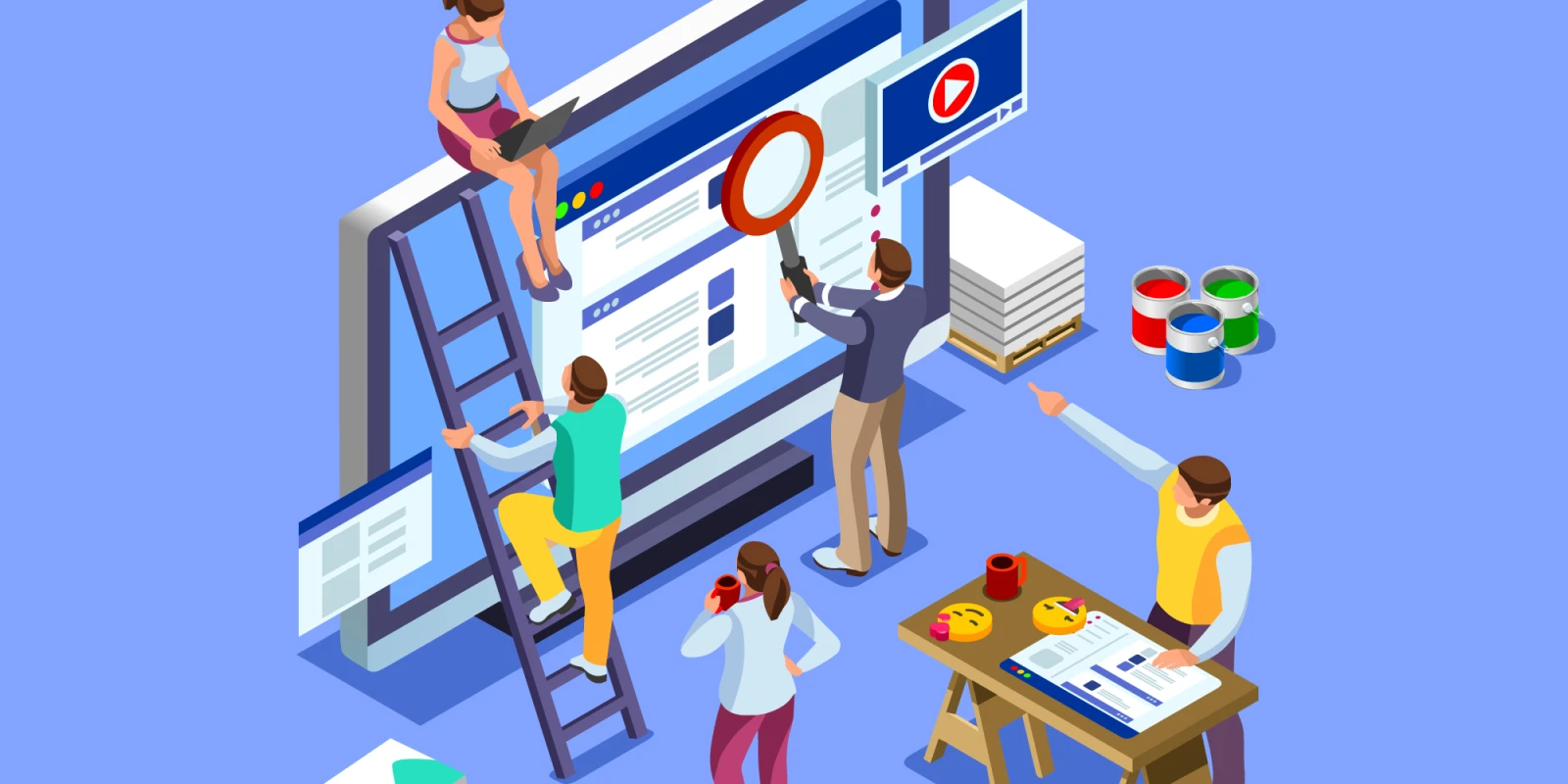 My vision was getting intermittently blurry, my head felt as if it was going to explode and my shoulders and back ached as if I had just lifted the weight of the world on my shoulders. I felt a knot between my scapula that was causing a piercing pain. No… I wasn't coming down with something and it definitely wasn't a transient ischemic attack (TIA). It was plain and simple – exhaustion and strain from just too much screen time that day. I had spent 13 of the last 14 hours in front of some type of screen.
My vision was getting intermittently blurry, my head felt as if it was going to explode and my shoulders and back ached as if I had just lifted the weight of the world on my shoulders. I felt a knot between my scapula that was causing a piercing pain. No… I wasn't coming down with something and it definitely wasn't a transient ischemic attack (TIA). It was plain and simple – exhaustion and strain from just too much screen time that day. I had spent 13 of the last 14 hours in front of some type of screen.
I reflected on a typical day and realized that from the time I open my eyes in the morning to the minute I close my eyes and fall asleep at night, there isn't a whole hour that goes by that doesn't involve me interacting with some type of screen. At work, it's my phone, my smartwatch, my iPad, the EMR, the echo reading station, the EKG app, and the cath lab reading station. When I return home, it's my phone, my watch, the tablet in my car, my home security system, the television, the Kindle and, most recently, even my new smartfridge, which allows me to order groceries for home delivery through a touchscreen. Even when I'm at the gym, I have a screen on my treadmill; when I go to the mall, the salesgirl follows me around with a tablet in her hand; when I'm 30,000 feet above sea level in an airplane, I'm surrounded by screens everywhere. They are truly inescapable!
Is all this screen time good for us? When we evolved thousands of years ago, Mother Nature obviously didn't consider the internet when keeping evolutionary forces in mind and designing our eyes. So, what are we doing to our ocular health with these types of practices? We spend so many hours counseling our patients about the benefits of exercise and "getting off the couch"… maybe we should be counseling them (and ourselves) to be "getting off the screen" instead. I wonder, with our modern lifestyles, whether in the next 100 years, our eyeballs will "hypertrophy" from all the hours and hours we spend exercising them with our devices and screens or whether they will give up altogether. In fact, the next generation won't even know life without the screen. My nephew was barely 6 months old when he learned how to work his first iPad.
The day after my realization of all my screen time, I decided to make a concerted effort to avoid the screen as much as possible and I realized a painful truth. It is truly impossible! I couldn't get any work done without using a screen. As we know all too well, modern-day physicians spend three to four times as much time interacting with the computer as they do with their patients. And, hiding behind the screen is where many are now most comfortable in the practice of medicine and even in our personal lives.
I decided to go "off the grid" for a few days to challenge myself and truly leave the screen behind. I was going to be at the wedding of a cousin in a remote part of the mountains in Colorado and guests had been warned there was no Wi-Fi or cell phone signal. I realized this would truly help me learn if it was possible to live life without a screen. I resisted the temptation to download movies and podcasts to watch and listen to that weekend.
The next two days without my familiar screens were simultaneously blissful and torturous. The wedding was beautiful, as expected, and I did sneak out the phone a few times to take photos. After the wedding, however, I found that when not distracted by my screen, I was able to meet and talk to almost every single person at the wedding and actually enjoyed the human connection again. But, inside I also secretly yearned to read CNN, listen to my NPR podcast and check Facebook and Twitter. One thing was for sure though despite the altitude, alcohol and all the dancing: I didn't have the slightest headache and slept better than ever before by "getting off the screen."
After that experience, I realized that to maintain our sanity and our health that every single one of us should take screen time breaks during the day and screen time vacations. With the constant stimulation of our brain by the content of our screens and the constant stimulation of our eyes by the glow of the screen, how do we ever get a chance to reflect and process our thoughts and reach out for a human connection?
Image by aurielaki / gettyimages
Payal Kohli, MD is a cardiologist and a 2018–2019 Doximity Author.






